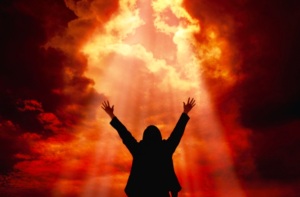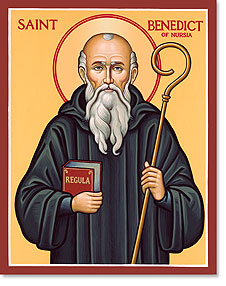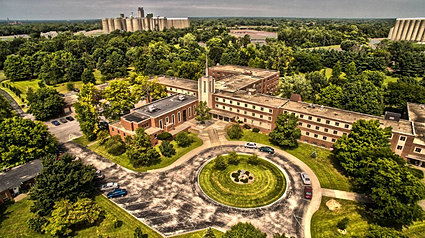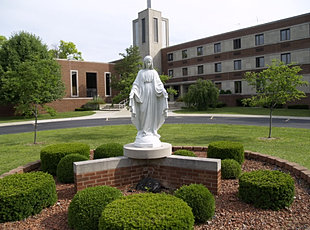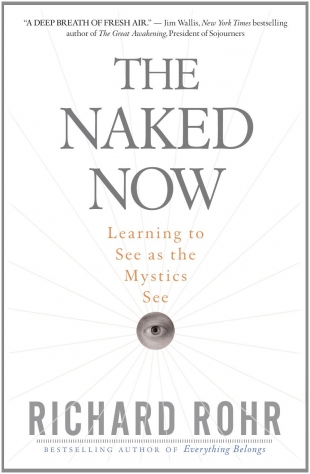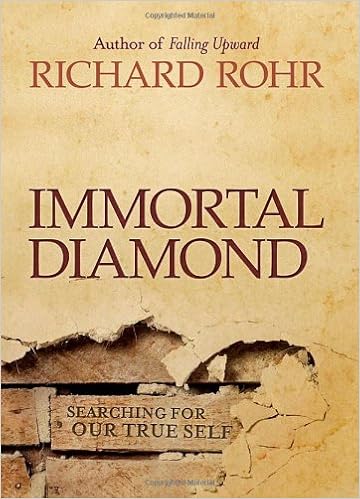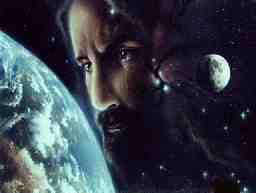
I grew up in the Evangelical world and rarely read non-Evangelicals much less Catholic and Eastern Orthodox scholars. Over the years, I have discovered many of the deepest and riches Christian studies and books are written from people from the most ancient Christian traditions like the Eastern Orthodox, Catholic, and Anglican. And what about Jewish scholars or Christian writers? Here are some people who have been influential in my studies and readings so far:
1. Jewish scholars: Abraham Heschel and Jon D. Levenson
2. Evangelical scholars: Craig Blomberg, D. H. Williams, Richard Baukham, Greg Boyd, G. K. Beale, Brian Zahnd, Phil Yancey, William Abraham, Mark Noll, Lesslie Newbigin, Rodney Reeves, Jonathan R. Wilson, Telford Work, Michael L. Brown, Jonathon Storment, Joshua Ryan Butler, Floyd McClung, Eugene Peterson, Jerry H. Gill, Richard Baukham, Stanly Hauerwas, William Willimon, Kenneth Bailey
3. Catholic Scholars and writers: Henri Nouwen, G. K. Chestorton, Renairo Cantalamessa, Matthew Levering, Teilhard de Chardin,
4. Eastern Orthodox scholars: Hans Urs Von Balthasar, David Bentley Hart, Peter Bouteneff, Bradley Jersak, Catherine Doherty, Andrew Louth
Global scholars: Karl Barth, John H. Yoder, Soren Kierkekaard, N. T. Wright, Dietrich Bonhoeffer, Teilhard de Chardin
Current Scholars to read today: N. T. Wright, Hans Urs Vons Balthasar, Peter Bouteneff, Bradley Jersak, Stanley Hauerwas, Teilhard de Chardin, Joshua Ryan Butler, Jonathan Storment, Greg Boyd, John Crowder, Rob Bell, Richard Rohr, Robin Meyers, Richard Middleton, Peter Liethart, G. K. Beale, and Brian Zahnd.
Top scholars are Anglicans: C. S. Lewis, John Wesley, N. T. Wright, Ephraim Radner, Peter Liethart, Rowan Williams
Eastern Orthodox next: Balthasar, Bouteneff, Bradley Jersak, Andrew Louth,
Catholic scholars and writers: Renairo Cantalmessa, Henri Nouwen, Matthew Levering, Jeanne Guyon (whole medieval Catholic mystics)
Methodists: William Abraham, Stanley Hauerwas, William Willimon,
Progressive Scholars: Robin Meyers, Rob Bell, Richard Rohr
Some of the best Christian writers today I am reading currently: Richard Rohr mystical gleanings are excellent. Greg Boyd, Bradley Jersak and John Crowder have written some of the best books on a theology of the cross. N. T. Wright is certainly the most influential scholar and writer today right their with Balthasar. Robin Meyers speaks prophetically of what a subversive church needs to look like today and Peter Liethart is writing some very provocative ecumenical theology.
New writers I appreciare are Jonathan Storment from the Stone-Campbell tradition, Brian Zahnd whose spiritual pilgrimage is similar to my own, John Crowders prophetic and charismatic theology is stimulating, Shane Claiborne's discipleship emphasis is noteworthy, Kenneth Bailey, Rodney Reeves, and G. K. Beale in Jesus studies with N. T. Wright of course. Richard Middleton is a great friend and scholar and Mark Noll is one of my favorite Christian historians.
What are some of the best books to read?
John Crowder
Cosmos Reborn, The New Mystics
N. T. Wright
Surprised by Hope, The Day the Revolution Began
Greg Boyd
The Crucifixion of the Warrior God, Cross Vision
Jon D. Levenson
The Love of God
Richard B. Hays T
he Moral Vision of the New Testament
Bradley Jersak A
More Christlike God, Her Gates Will Never be Shut
Richard Rohr,
The Divine Dance and
What the Mystics Know
Rob Bell
Love Wins and
Jesus Wants to Save Christians
Leslie Newbigin
The Gospel in a Pluralist Society, Proper Confidence
Richard Middleton
A New Heaven and a New Earth,
The Silence of Abraham, the Passion of Job (forthcoming)
Peter Liethart
The End of Protestantism, Delivered from the Elements of the World
Mark Noll
Is the Reformation Over? The New Shape of World Christianity
Robin Meyers
Spiritual Defiance, The Underground Church
Hans Urs Von Balthasar
Dare We Hope all be Saved?, Heart of the World
G. K. Beale
We Become what We Worship, The Temple and the Church's Mission
Henri Nouwen
Return of the Prodigal, In the Name of Jesus
Philip Yancey
What is so Amazing about Grace, The Jesus I Never Knew
Shane Claiborne
The Irrisistible Revolution, Executing Grace
Rodney Reeves
A Genuine Faith, Rediscovering Jesus
Kenneth Bailey
Jesus Through Middle Eastern Eyes, Poet & Peasant and Through Peasant Eyes
Joshua Ryan Butler
The Skeleton in God's Closet, The Pursuing God
Ephraim Radner
Hope Among the Fragments, The End of the Church
Peter Bouteneff
Beginnings
Staneley Hauerwas and William Willimon
Resident Aliens, After Christendom
Jonathan Storment
How to Start a Riot, Bringing Heaven to Earth
Some of the freshest writers are N. T. Wright and Hans Balthasar who are the most prolific and write the most. Upcoming Christian scholars and writers are Bradley Jersak, John Crowder, Joshua Ryan Butler, Rodney Reeves. Jonathan Storment, Richard Middleton and Robin Meyers who I hope write a lot more to come. Writers who have written a lot that I am looking for more from are Richard Rohr, Greg Boyd, Peter Leithart, Peter Bouteneff, and Ephraim Radner.
